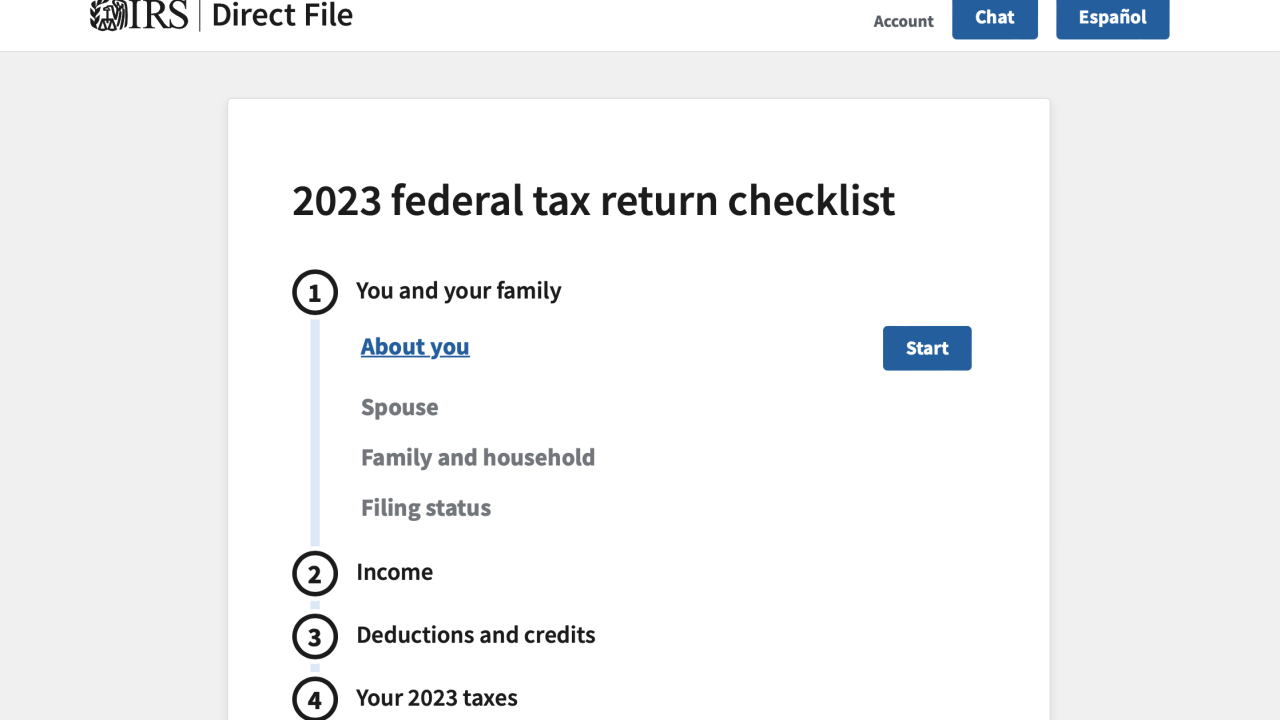In a crowded field, how do accountants differentiate themselves from one another? Today there are a number of answers to this question. Firms may specialize in different kinds of clients or industries, or press the experience of their partners, or emphasize their size to tout either individualized attention from smaller firms or economies of scale from larger ones.
Gayle Heskiel, chief operating officer of accounting solutions reseller Net at Work, says that pricing structures will be another method of standing out from the competition — specifically, a shift away from billable hours to outcome-based pricing that relies on a certain result being achieved. While there isn't much talk of this now, Heskiel says that as time goes on, firms will be forced to increasingly look into this structure as a way to distinguish themselves. However, she said, it won't be an easy pill for a lot of firm leaders to swallow.
"I think what no one is talking about right now is outcome-based pricing. People are scared of it, I think. They're not [always] confident enough in their own abilities to think, 'I'll take the risk along with you,' but that is something that will be expected as you'll need to differentiate yourself from others. You can't just say you're an expert. You have to prove it by what you can do for me," she said.
While she said, "No one really has the guts to really take it on right now," she noted that firms will soon find themselves forced into it due to competitive pressures.
As for why no one apparently has the guts, Heskiel said certain accountants lack the necessary confidence in their own abilities, and they are concerned about events outside their control threatening the desired outcome. Part of this is because the reliable set processes that characterize much of the routine work in the profession is being automated away.
"The focus has really been on robotic process automation and processing and invoicing and routing and workflow approvals. There has been a lot of focus on reconciliations, more day-to-day bread-and-butter stuff that accounting departments do everyday. … That is something we have very good solutions for," she said.
At the same time, where she has seen accountants struggle is in what she said was the more human decision-making part.
"So [deciding things such as], hash applications and how to apply them properly, or how to identify very specific pieces of data like log tracking or ID-specific locks for specific companies. Really big companies can do it, but the smaller guys can't at all. Wherever there is some sort of decision-making in data analysis, we're just not there yet," she said.
Such a shift will require the profession to accelerate its already ongoing transformation into a more advisory-focused profession, which is more suited for such a pricing scheme. This mindset change, in turn, will require additional technological proficiency to support the kinds of engagements clients will be asking for.
"There's no question, the accountant will need more technology skills … . They need to be more business advisors than just accounting advisors. They won't need to advise so much about what is the rule here and what is the rule there, because those will be more streamlined. Where their focus will be is on how, if I want to achieve this goal, what do I need to do with my business, what kind of data do I need, how do I structure this business, what investments do I need? So it will be much more business and strategy versus the compliance accounting side of things," she said.
This may be a difficult thing to do because, according to Heskiel, accountants tend to be "very tied to their processes" and certain professionals may carry a fear that embracing technology threatens their expertise because these tasks that are being automated are what they are good at. Heskiel, though, said she doesn't view it that way at all. In fact, she said, it will be the opposite.
"It will eliminate these tasks no one wants to do anyway, but it will also create more opportunities because it will have the whole profession evolve into something different that will elevate the whole employee experience and give opportunities for employees to grow and have more fulfilling roles and experiences," she said.






